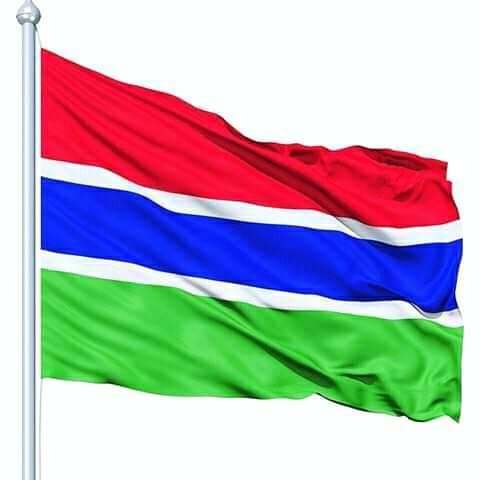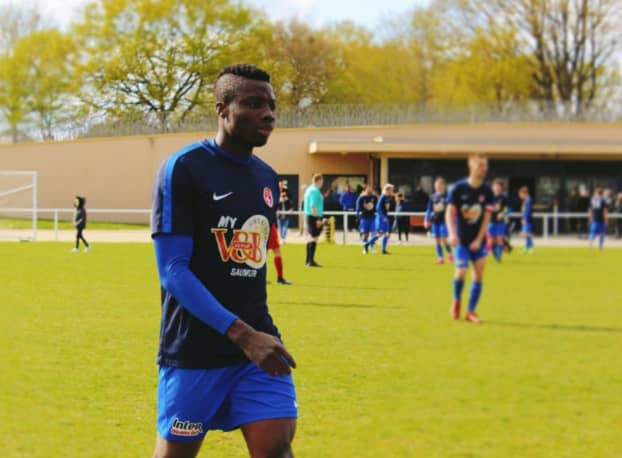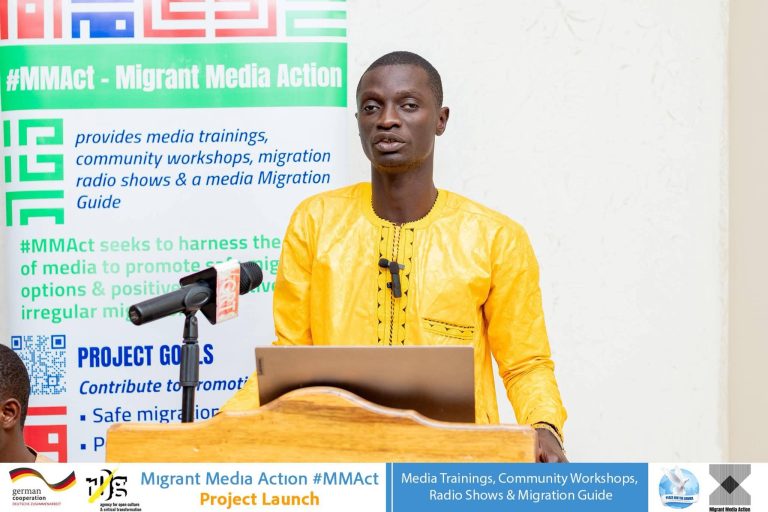
Independence day is an annual celebration that marks the start of the Gambian self-governance and absolute sovereignty from Britain in 1965. Located on the west coast of Africa, Gambia is the smallest country in mainland Africa. It has a strong multi-cultural society of diverse ethnic groups and every Gambian can speak an average of four local languages.
The people of The Gambia are known for their resilience and other admirable qualities. Despite intense political turmoil and economic stability, the citizens work together to earn an honest day’s bread and contribute to the country’s prosperity.
The Gambia caught European attention after an accidental discovery by Prince Henry, the Navigator, in the 15th century. Swiftly, a treaty of commerce was established between Portuguese travelers and the inhabitants of Cape Vert. Trailing through River Gambia, travelers finally found the mouth of the stream and landed on The Gambia. The island upon which the ship ascended was renamed St Andrew’s Island. Since then, the land continued to shuffle between various settlers. From French to English, many laid sieges and extracted resources, gold in particular, from the island. In 1889, the British sieged total control of the land and ruled for more than 60 years.
Independent politics blossomed across the country, and the push for self-governance gained national recognition in 1901. Soon after, The Gambia received its first legislative council and military unit. The council empowered the youth of the country and models for local leadership were introduced in The Gambia. Four years after the first federal elections, an agreement of freedom was signed between the newly formed Gambian government and the British on December 17, 1964. The Gambia Independence Act of 1964 was enacted in 1965, granting full independence to The Gambia.
GAMBIA INDEPENDENCE DAY TIMELINE
The British establish rule over the newly formed colony of Gambia, following a century-long brawl with other colonizers.
The Gambia establishes a legislative council under the firm authority of the British Empire.
Prime Minister Dawda Jawara writes to the Permanent Committee on Geographical Names for British Official Use that the country’s name retains ‘The’ as a prefix to distinguish itself from a recently sovereign Zambia.
The Gambia becomes a constitutional monarchy within the Commonwealth, with Queen Elizabeth II as Governor-General.
The Gambia undergoes a referendum and becomes a republic, with a new post for Prime Minister and the President.
GAMBIA INDEPENDENCE DAY FAQS
What is the best time to visit The Gambia?
The country experiences a dry season between November and May, making it the perfect time to enjoy the coastal areas of The Gambia.
Where is the word ‘Gambia’ derived from?
It is derived from the term ‘Kambra,’ which translates to ‘Gambia River’ in the Mandinka dialect. The name was adopted by the Republic of Gambia upon its independence.
What was the former name of The Gambia?
The Gambia was formerly known as Banjul. It is a Portuguese name, granted after the colonial settlement of Portugal.
What language do Gambians speak?
English. The Gambia is a former British Colony hence its official language is English. Although there are several tribal languages spoken together with English in the country, visitors never have to worry because most Gambians are at least bilingual.
HOW TO OBSERVE GAMBIA INDEPENDENCE DAY
-
Visit the Gambia
The Gambia offers a tropical climate and many avenues of tourism across its 50-mile coastline. The beautiful culture and enthralling hospitality of the proud Gambian people add to the reasons why you should pay a visit to this hidden African gem soon.
-
Prepare a Gambian feast
Gambian cuisine represents the finest aspects of West Africa’s diverse culture. From fried eggplant to exotic seafood, there are so many dishes to indulge in. Celebrate February 18 with a unique Gambian feast and invite your friends and family.
-
Donate to mutual aid
The Gambia continues to struggle with malnutrition and poverty. More than 58% of the population lives in extreme poverty. There are many international organizations and initiatives connected with local authorities that raise funds for this cause. On Gambia Independence Day, you can become an instrument of change in their lives.
5 FASCINATING FACTS ABOUT THE GAMBIA
-
Powered by the soil
80% of The Gambia’s population is employed in agriculture, making it a primary source of the country’s G.D.P.
-
A birdwatcher’s paradise
The Gambia is home to diverse wildlife and more than 540 unique species of birds.
-
A unique voting system
Gambians vote in the election using marbles — a hole is constructed for each candidate, and voters must toss a marble for the leader of their choice.
-
An impressive coastline
The Gambia’s coastline stretches to 50 miles, which is an important part of the country’s food chain, export, and tourism.
-
It’s home to a UNESCO World Heritage Site
After gaining recognition as a stronghold for the transatlantic slave trade of the 16th century, the Kunte Kinte Island (formerly James Island) was declared a World Heritage Site.
WHY GAMBIA INDEPENDENCE DAY IS IMPORTANT
-
It shines a spotlight on the history
The Gambia has a rich past that deserves to be studied. The Gambia remains unique in its quest for self-governance. Being a democracy, its people follow the constitution and serve their nation. It also celebrates the will of the people.
-
It promotes tourism
The Gambia relies heavily on tourism, as the industry employs a critical number of people. With the annual celebration, people want to visit there.
-
It celebrates culture
The Gambia’s rich culture deserves every ounce of celebration. It is diverse and has been around for thousands of years. On its day of liberation, we celebrate the endurance of the great Gambia




